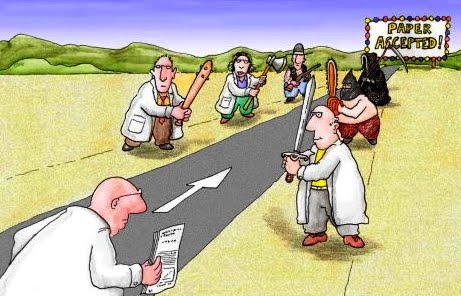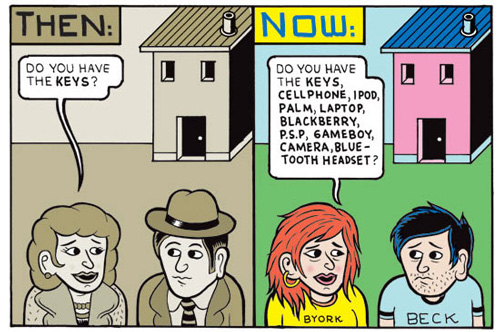
Peer Review
I have never really thought peer review ever helps. It always seems that peer review
causes more problems that it solves. After viewing Paige's blog and the other items that we read/watched. I liked the 5th graders video that showed the pros and cons of peer reviewing. Or at least the do's and don'ts of peer reviewing. It seems that most students are only interested in being "Picky Patti" instead of being truly helpful.
It's Not About the Technology
Sometimes technology can be used for good other times it can be a hindrance. The great thing
about Kelly's post is that it acknowledged the good and the
bad in technology.
I especially liked the list of four items that every teacher must recognize in order to effectively
teach in the 21st century. Kelly's is this:
1. Teacher's must be learners
2. Learning and teaching are not the same thing.
3. Technology is useless without good teaching.
4. Be a 21st teacher without the technology.
It would have been my wish in high school to have been able to learn about the
technology that we had at the time (which wasn't much mind you - the year was 1984!)
I am not as sure that today's teachers can teach effectively without the use of
technology in some form or fashion. Most of today's schools have some type of
technology in the classroom or at the very least in the library. If today's teachers
would take time out to further their technology education then they would have a
ton of new tools to use to get the students interested in whatever they are teaching.
If you can include something fun into education, most students are more than willing
to learn. We just have to find a way to harness new ways of getting tasks complete so
our students will be passionate about learning!
Is it Okay to be a Technologically Illiterate Teacher?
I really enjoyed Karl Fisch's blog on what to do with teachers that are not technologically literate. I have to agree with the post - teachers and administrators that are not either technologically literate or unwilling to become literate should be forced to find other means of employment. I think what Fisch says "If a teacher today is not technologically literate - and is unwilling to make the effort to learn more - it's equivalent to a teacher 30 years ago who didn't know how to read and write. " I would agree with this statement 100% I love what he has to say and I would recommend this article to all teacher - both future and present!
Social Media Count
Ok - so I was completely amazed at how quickly things happen in social media. Who would have thought things change so rapidly? Gary Hayes that is who! On his post it is interesting to see - I mean literally see how quickly things happen. I am really not sure what more I can say about Mr. Hayes' post other than you MUST see it to believe it. Go and check it out, it is amazing!
A Vision of Students Today
Watching the video A Vision of Students Today was eye opening. I watched it twice just so I could understand the meaning. It is humorous to me that schools are still using some type of chalk board or white board to teach. Most of the time, the student is not paying attention! They are chatting with others in the class or they are texting on their cell phones (even though cell phones are forbidden in school!) So are those boards really working? Wouldn't some form of interactive teaching keep the students attention better? The other thing that interested me about this video is that today's students are busy 26.5 hours per day. That means they/we are multitasking. They are multitasking a lot! It is mind boggling how little people understand the pressure that today's high school/college student is under. They are expected to do better and last longer than students 10 years ago.
The other thing that is interesting is that the job that most of college students will have when they graduate college doesn't even exist yet! Mind boggling! Go watch the video.













